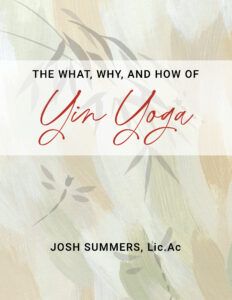This week, my classes have emphasized opening to the contemplation of dukkha. Dukkha is the second characteristic common to all conditioned existence, and it is often translated as ‘suffering’ or ‘unsatisfactoriness’.
But the literal translation of dukkha is ‘that which is difficult to bear’. So this flavor of experience covers the entire spectrum of the obvious sorrows such as aging, illness and death, to the more subtle irritabilities, annoyances and depressions of everyday life. Everything from cancer to road rage to existential ennui… it’s all dukkha!
In short, because everything is constantly changing, no thing is capable of providing an abiding happiness. Even the seemingly pleasant – the raise, the promotion, the perfect relationship – all subject to change. And to the extent we invest in it NOT changing, we feel dukkha.
Why contemplate this? By bringing a steady, clear and mindful attention to the experience of dukkha, itself- by literally opening to its ouchness – we can start to intuitively understand its origin, which is always some form of clinging. With clear comprehension of dukkha’s origin, we then awaken to the insight to let go, to let be. This is not a state of passivity. It’s an intimate engagement with all of life.
Points for Practice
- In your formal (sitting, yoga) and informal practice (ie. life) bring mindfulness to the arising of dukkha: irritation, anxiety, despair, fear, sorrow, etc. And hold the attention steady on the feeling of dukkha itself. Follow the pain line to its source!
- What truth is being met with resistance? What aspect of life is being denied or avoided? Can you trust awareness to hold that, just as it is, without any contention or argument?
- For a review of the second aspect of the meditation instructions, please click HERE.
- Here’s a much deeper discussion of dukkha, by Ajahn Thanissaro, HERE.
Originally published on September 21, 2010

